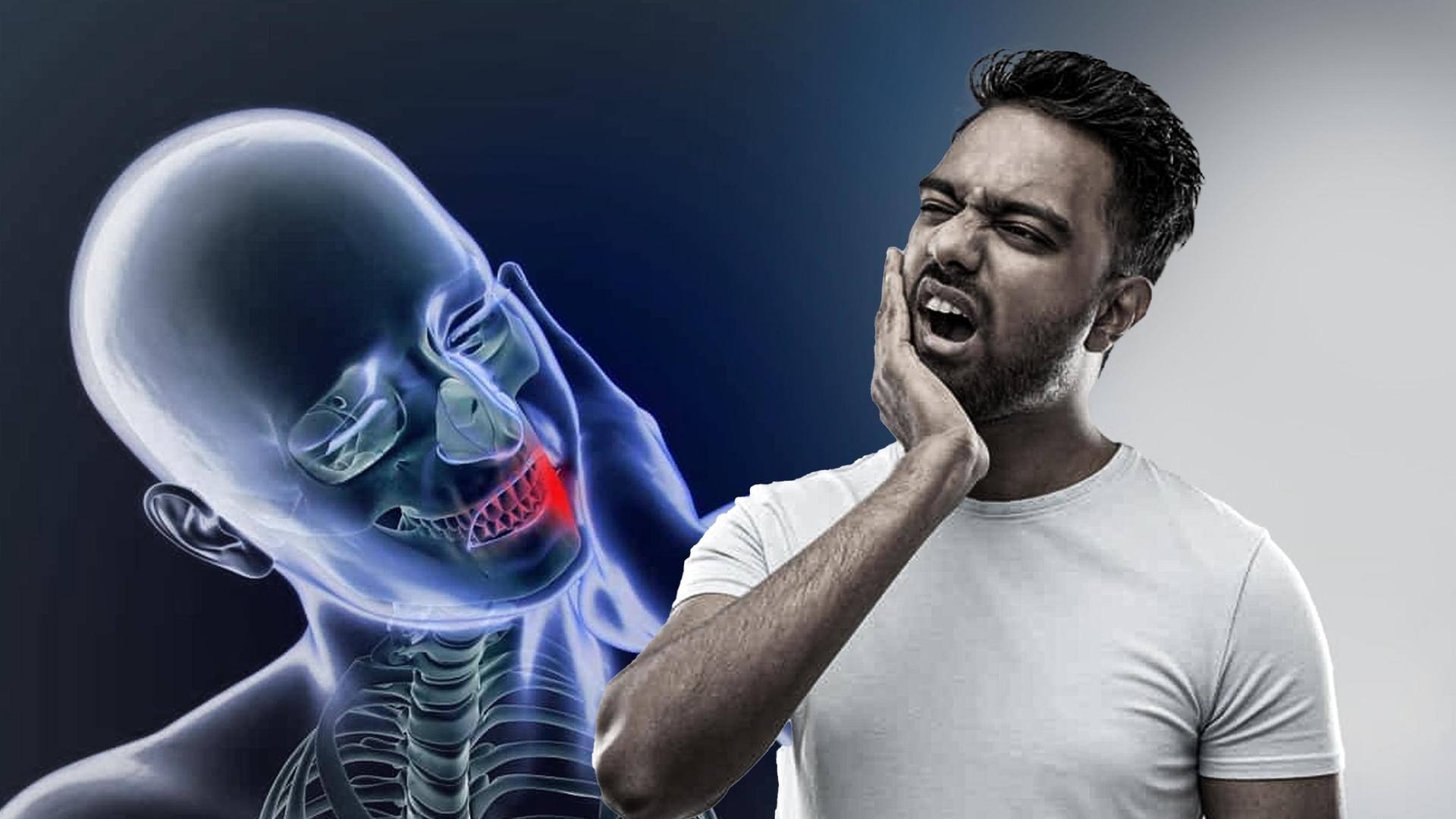
From meaning to treatment, here's everything about TMJ disorder
What's the story
TMJ or temporomandibular disorder is a health condition that causes pain in the jaw joint. It also affects the surrounding muscles that control jaw movements. While it is a common disease with more than 10 million cases every year in India, its causes are complex and difficult to ascertain. From its treatment to prevention, here is everything you should know about TMJ disorder.
Overview
TMJ is painful and uncomfortable, but temporary
The temporomandibular is a joint that connect your jawbone to your skull. There are two of them, located on each side of the jaw. In most cases, it is a temporary health condition that can be recovered from in a matter of a few weeks. Factors like arthritis, jaw injury, long-term clenching of teeth, and certain tissue problems can aggravate TMJ disorder.
Symptoms
People with TMJ may feel jaw tenderness and facial aches
There are a host of symptoms that people down with TMJ disorder go through. Some of the most common ones are pain or tenderness in the jaw, facial aches, pain in one or both the temporomandibular joints, and pain in and around the ears. Patients may also experience difficulty in chewing food and even while opening or closing their mouths.
Causes
Doctors haven't been able to find its clear causes
In a majority of TMJ disorder cases around the world, there has not been any clear sign as to how they occur. However, this painful condition can happen when the disk erodes or moves out of its alignment or when the jaw's cartilage is affected by arthritis. In fact, TMJ can also be caused by a blow or an intense impact on the jaws.
Treatment
TMJ disorder is mostly self-manageable
In some cases, the signs and symptoms of TMJ disorder vanish on their own within a course of time. However, when they don't, your doctor may prescribe you certain pain relievers and anti-inflammatories. In addition to these medicines, you may also be given muscle relaxants and antidepressants to help you find respite from pain, discomfort, muscle spasms, and sleeplessness.